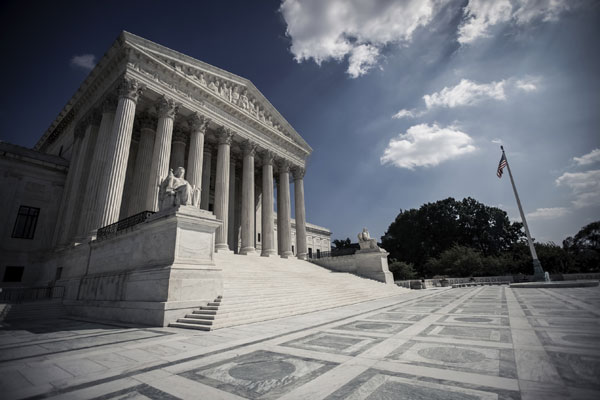- South Texas Students Meet Accordion Music Icons Los Tigres Del Norte In Edinburg Thanks To Khs America/Hohner Alianza Académica Initiative
- Fragile Planet Offers a Nighttime Wildlife Experience
- Falcons Soccer Off & Running
- Cameron County Receives Funds to Improve Two Parks
- Falcons Complete First Half of 32-6A
- School District to Help out Victims of California Wildfires
- Sand Castle Days Continued Despite Unexpected Weather
- Ready for District
- Discussion of Garbage Dumpster Rates, Agreements Between State & City on Highway Regulations, and More
- 31st Annual Shrimp Cook-Off is Right Around the Corner
‘One Person, One Vote’ Rule Reaffirmed in TX Case
- Updated: April 15, 2016
by Mark Richardson
AUSTIN, Texas – The U.S. Supreme Court, in a unanimous decision, has rejected a conservative challenge to the “one person, one vote” rule in how states draw their legislative districts.
In Evenwel v. Abbott, a case that originated in Texas, the court ruled that districts must be drawn according to the total population, not just the voting-age population.
Kathay Feng, national redistricting director for the watchdog group Common Cause, says Justice Ruth Bader Ginsberg’s majority opinion reinforces the premise that, under the Constitution, every person counts.
“You can’t base whether or not you’re going to give police services or assistance from the fire department based on whether you’re old enough to be eligible to vote or to register to vote,” says Feng. “It’s got to be based on thinking about the total population.”

The U.S. Supreme Court has ruled on a Texas case, reaffirming the “one person, one vote” rule in drawing legislative districts. Photo: P_Wei/iStockphoto
The case was a 2014 challenge by a Texas-based conservative group, the Project on Fair Representation, which sought to change the way districts were drawn in the Texas State Senate.
The group issued a statement saying it is disappointed in the ruling.
Feng says the concept of including every person, and not just registered voters, in drawing political boundaries should not be a partisan issue.
“There are a lot of people in all parts of the political spectrum who fundamentally believe that this is not a red-blue fight,” she says. “This is something that’s fundamental to our democracy.”
Feng adds the court challenge could have disproportionately affected the nation’s growing Hispanic population.
One advocacy group for Latino political involvement estimates more than half the nation’s Latino population would be excluded if only eligible voters were counted in political districts.
